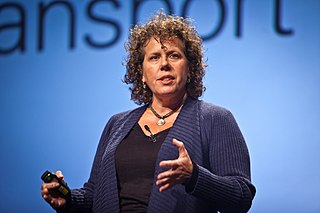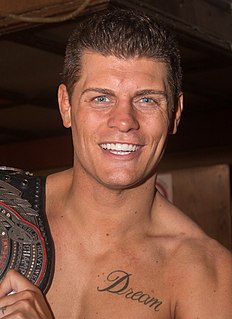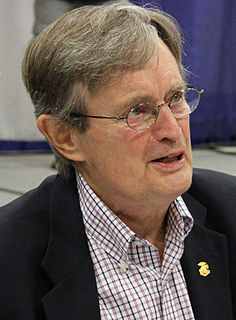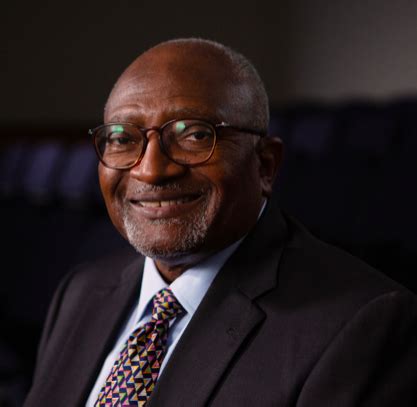A Quote by Allen Ginsberg
It's time we did something to assert ourselves. After all, we do comprise 10% of the population.
Related Quotes
I arrived in San Francisco in January 1951. After the Second World War, the population was so uprooted. Soldiers came back home for brief periods and took off again. So the population was very fluid, and suddenly it was as if the continent tilted west. The whole population slid west. It took 10 years for America to coalesce into a new culture. And the new culture happened in San Francisco, not New York.
When I did Ben 10, I really didn't know anything about Ben 10. But when I went back to visit my son Pierre and told him what I'd just done, he said "You did a Ben 10?!?" and then he started yelling out to my grandson, "Luca, Luca, come here, Granddaddy did a Ben 10 show." You suddenly discover you're gratte-cul with a five-year-old, and that's pretty cool."
An environmental revolution is taking shape in the United States. This revolution has touched communities of color from New York to California and from Florida to Alaska - anywhere where African Americans, Latinos, Asians, Pacific Islanders, and Native Americans live and comprise a majority of the population. Collectively, these Americans represent the fastest growing segment of the population in the United States. They are also the groups most at risk from environmental problems.
It's troubling that by eliminating weekend voting hours, the state of Ohio specifically banned a popular voting time of choice for minorities. In Cuyahoga County, which I represent, 56 percent of weekend voters in 2008 were African American while adult African Americans comprise 28 percent of the county population.







































